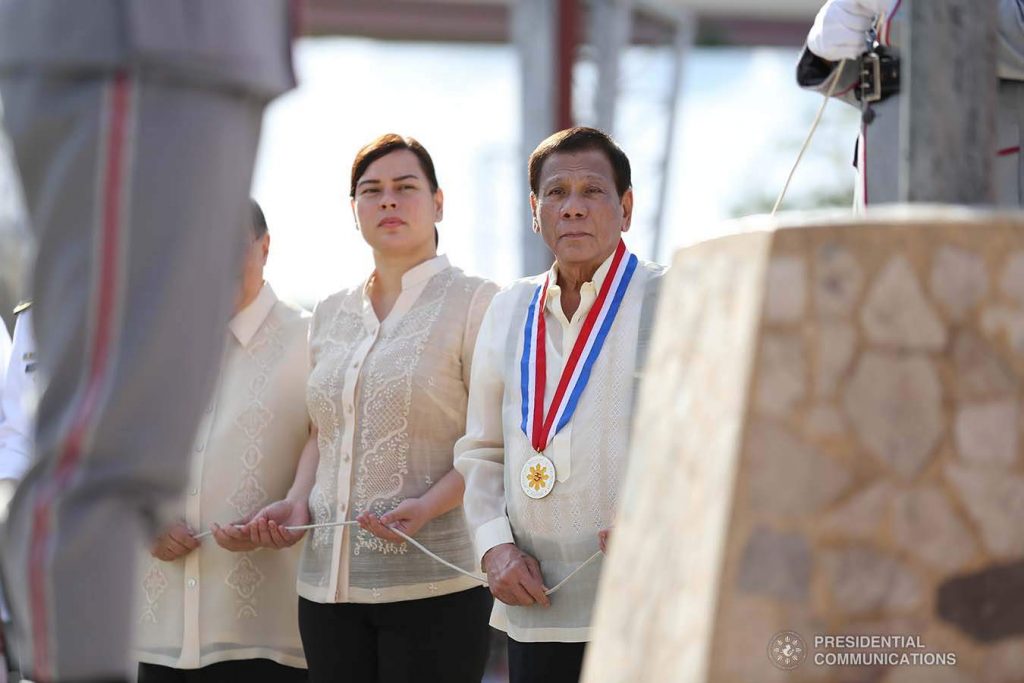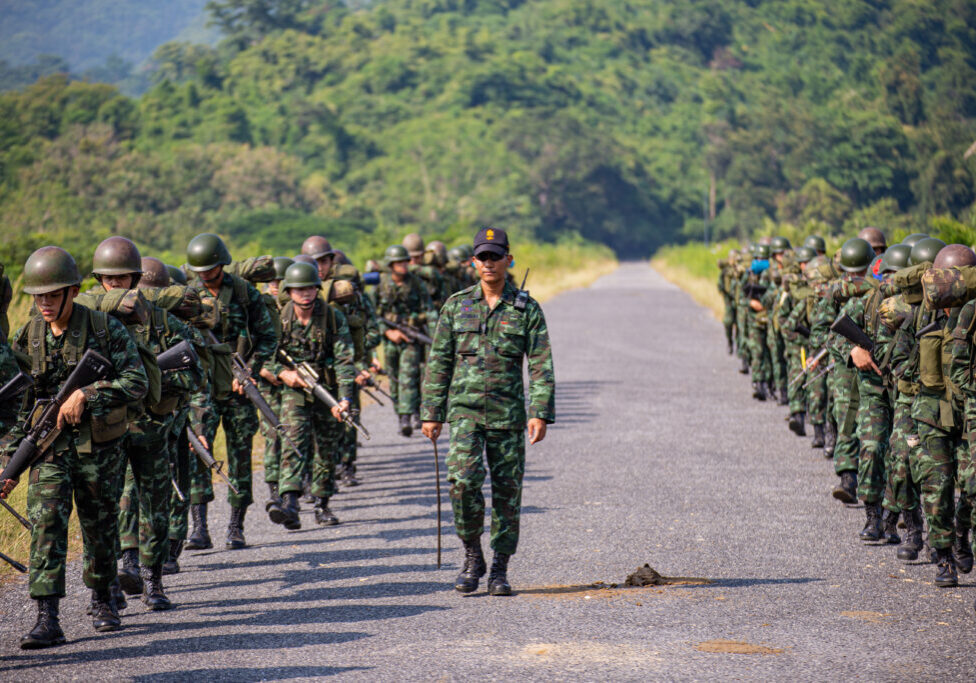Australia/Israel Review
Asia Watch: The Southern question
Nov 24, 2021 | Michael Shannon

As the Philippines heads towards elections in 2022, key political families are once again positioning and repositioning themselves for the contest. But a crucial battleground will be the south, where decades of Muslim secessionist rebellion and general instability remain far from settled.
With President Rodrigo Duterte ineligible under the constitution to run for a second term as president, the period preceding the mid-November nomination deadline has been marked by abrupt shifts in alignment and targeting by most of the major candidates – hoping to secure a last-minute strategic advantage.
Duterte’s daughter Sara has filed papers to run for vice president, ending speculation she would seek the country’s highest office, at the same withdrawing her renomination as mayor of Davao City – a post formerly occupied by her father. She was promptly claimed by former Senator Ferdinand “Bongbong” Marcos Jr as his running mate in his quest for the presidency, even though they are not from the same party.
In the Philippines, the president and vice president are elected separately, as part of government checks and balances. President Duterte’s vice president is Leni Robredo, who beat Marcos for the post in 2016 and is now the main opposition coalition presidential candidate.
Duterte himself filed last-minute papers as a senatorial candidate, reversing course on both his planned retirement from politics, and a brief flirtation with running for the vice presidency until it became apparent his daughter would seek the same role.
While President Duterte’s most trusted aide, Senator Christopher “Bong” Go, and senator and former boxing champion Manny Pacquiao are also running for the presidency, Ferdinand Marcos Jr. has emerged as the frontrunner to take Malacanang Palace next year, almost 50 years after his father’s declaration of martial law in 1972. A “people power” revolt ended his regime in 1986.
After a few years in exile, the Marcos family returned with much of their wealth and influence intact. They supported Rodrigo Duterte to win the presidency in 2016.
Surveys show that Marcos is popular among middle- and upper-class Filipino voters, as well in the Manila region and the broader northern island of Luzon. But he has consistently struggled in the southern island of Mindanao, where the Dutertes are dominant.
As a southerner himself, President Duterte has presided over the staged implementation of the 2014 peace agreement with the largest Muslim separatist group in the region, the Moro Islamic Liberation Front (MILF).
While he responded with characteristic forcefulness to the siege of the city of Marawi by Islamic State-aligned jihadists in 2017, Duterte has used his plain-speaking ways and gruff humour to win the trust of Muslim leaders and somehow prevent the agreement from unravelling.
Meanwhile, the decommissioning of thousands of firearms turned in by former MILF rebels has resumed after the coronavirus pandemic disrupted the process. Former MILF officials currently head a transitional government in the Bangsamoro Autonomous Region in Muslim Mindanao (BARMM), which came about as a result of the agreement. The deal also stipulated that the group’s ex-fighters would surrender their weapons for decommissioning.
The MILF says there are some 40,000 ex-fighters with weapons, although security experts and analysts believe the group has more troops and weapons. In September, a Senate committee heard that only about 12,000 MILF weapons had been handed over so far.
According to the peace deal, the transitional government in BARMM was to be replaced in free elections in 2022 to coincide with the Philippines’ presidential election. But President Duterte has agreed to postpone the poll until 2025 at the request of the MILF, which argued that the pandemic had delayed many reform programs and that the decommissioning process had been delayed by the former guerrillas’ reluctance to give up their weapons amid ongoing attacks from Islamic State group-linked militants and disgruntled factions that broke away from the MILF when the peace deal was signed.
The Bangsamoro Islamic Freedom Fighters (BIFF) is the main splinter group of former MILF fighters, with a few hundred members concentrated mainly in central Mindanao. Some BIFF leaders have declared allegiance to Islamic State, which has facilitated additional funding.
In January, BIFF militants carried out two roadside bombings in the south that killed three and injured dozens of people. Two years ago, the group carried out a series of bomb attacks in the south targeting a market and a restaurant, injuring more than 24 people.
However, heavy fighting between government forces and BIFF insurgents in late September resulted in more than a dozen BIFF fighters killed, but the group is continuing its recruiting, even targeting local indigenous tribes in southern Mindanao, according to recent reports. Tribesmen have reportedly been offered a monthly salary to join the cause, funded by foreign sources.
Tags: Asia, Philippines






